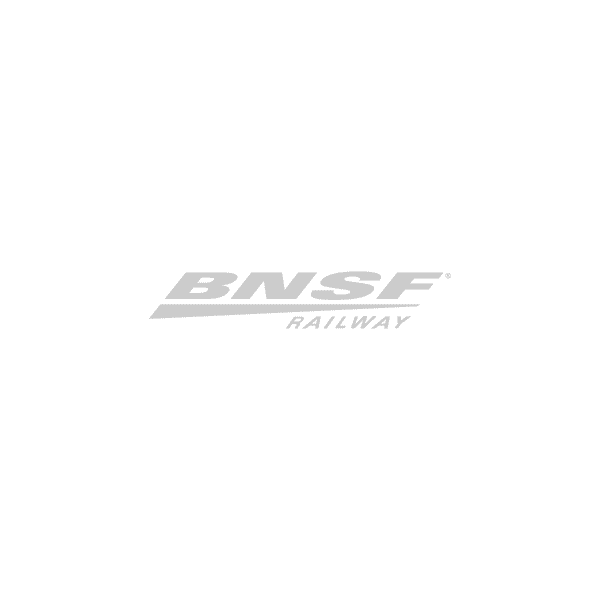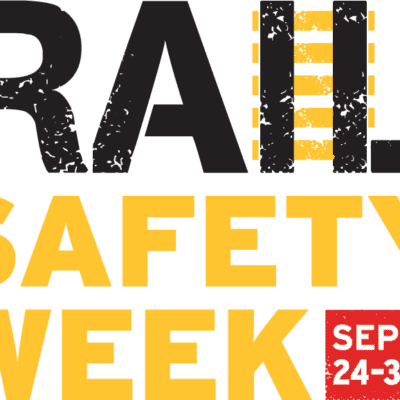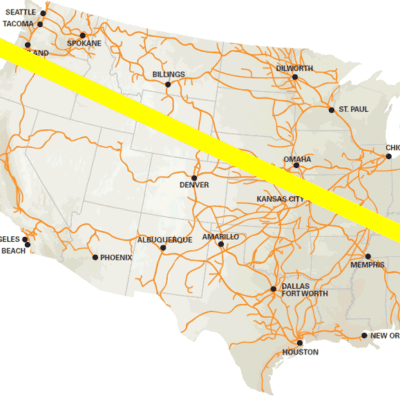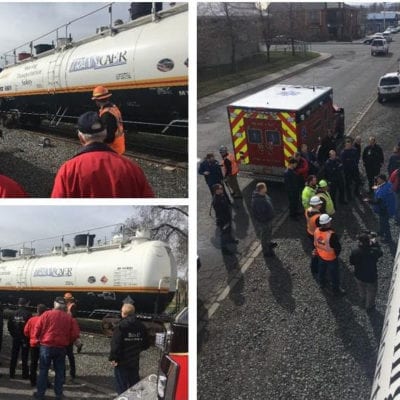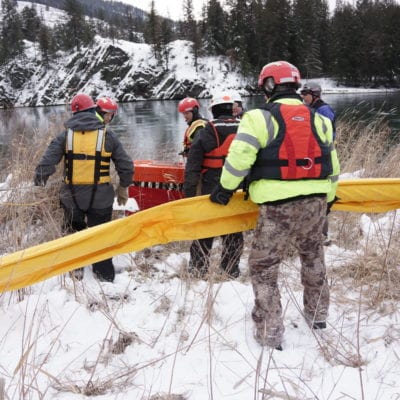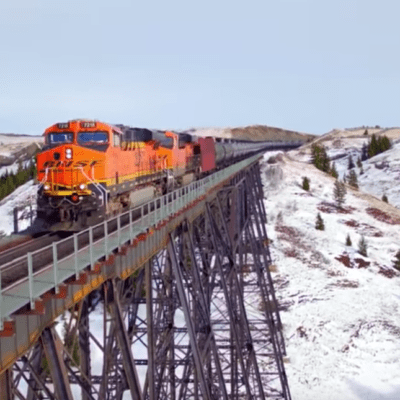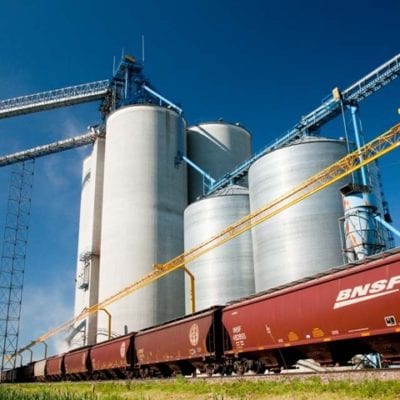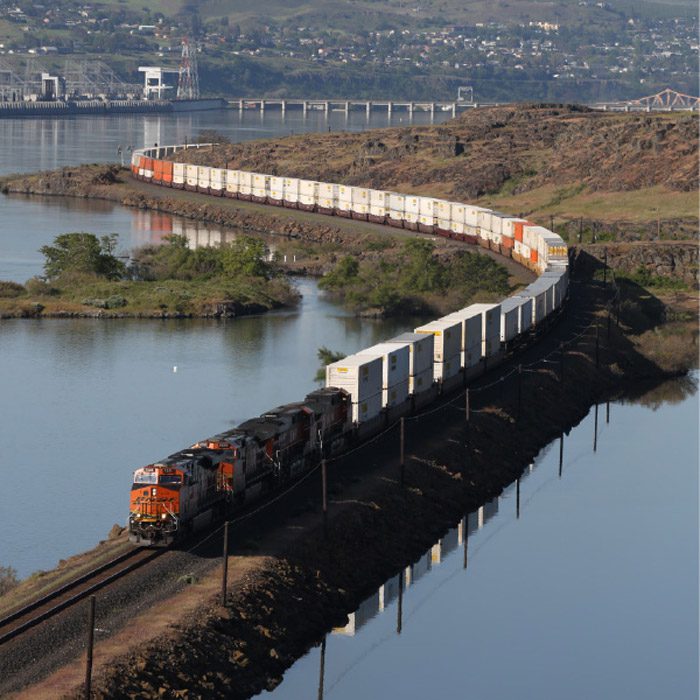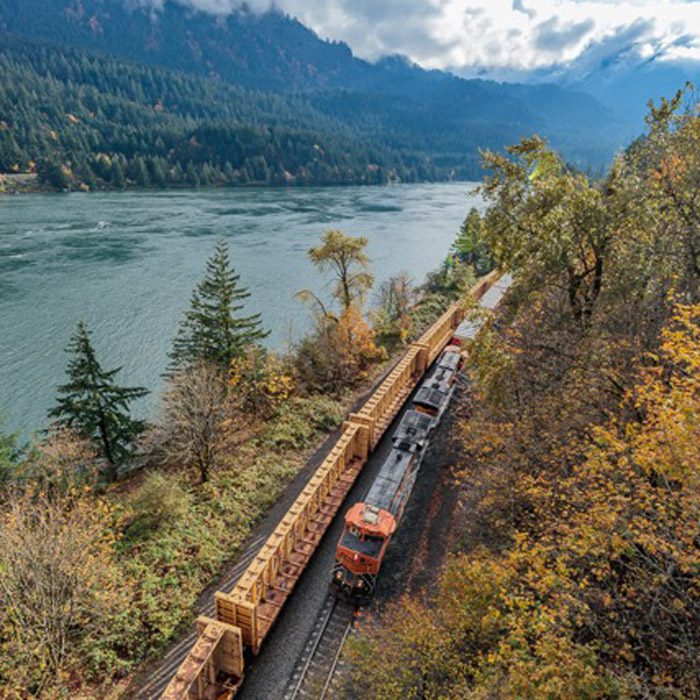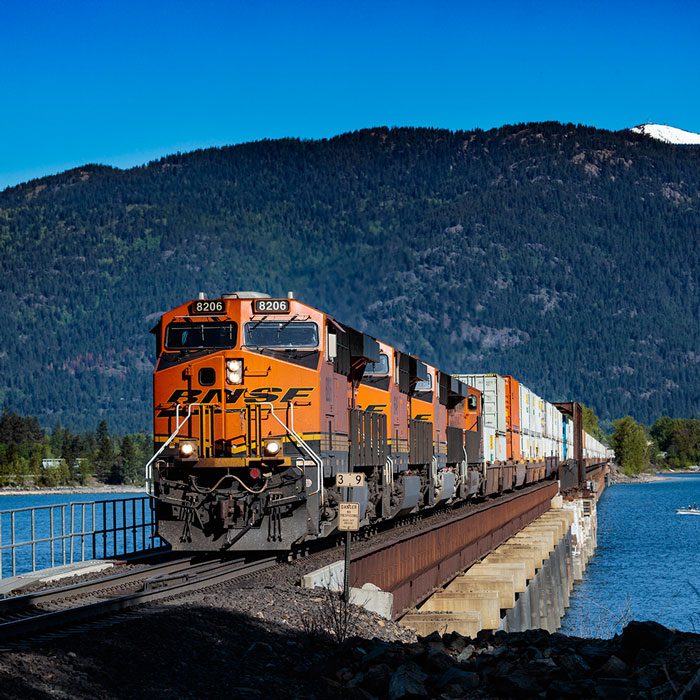Railroad Grade Crossing
Our network includes just over 25,800 grade crossings. Promoting grade-crossing safety is an essential part of our operation and culture. Trains cannot stop quickly. A 100-car freight train traveling at 55 miles per hour will need more than a mile to stop once the train is set into emergency braking. When vehicle drivers or pedestrians…
Read More
